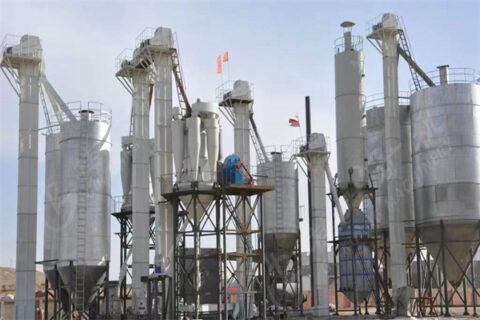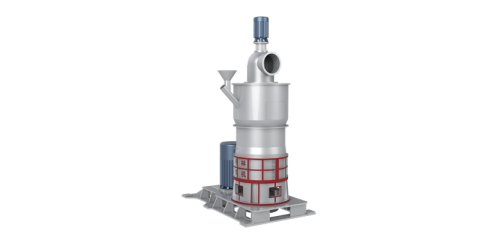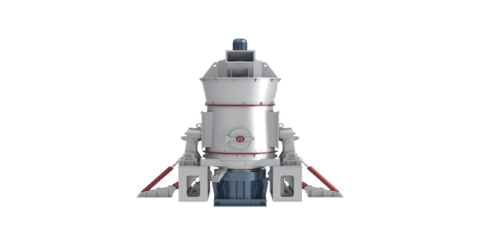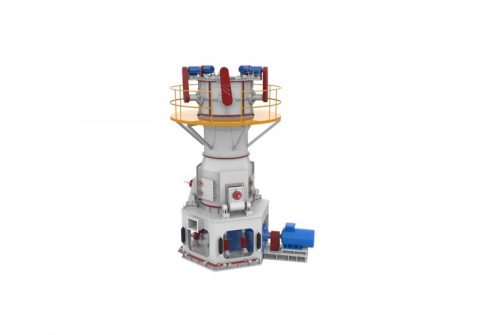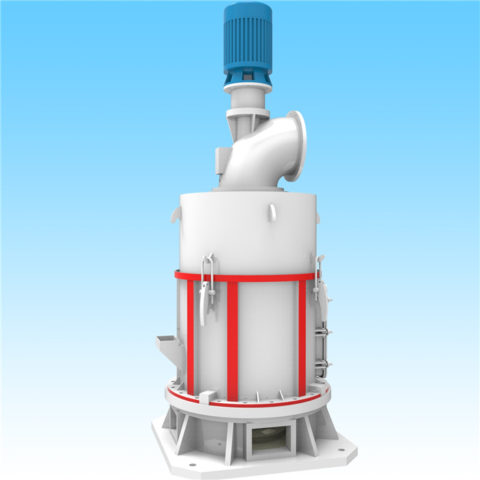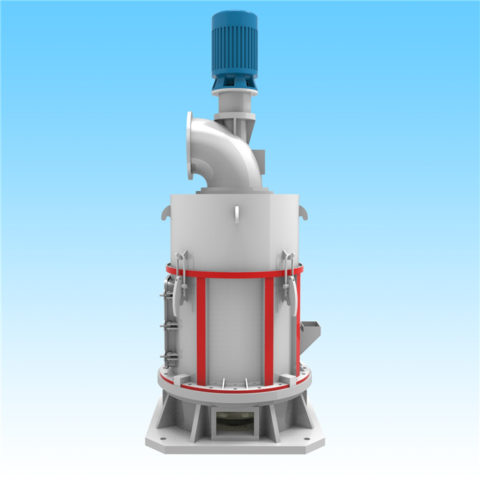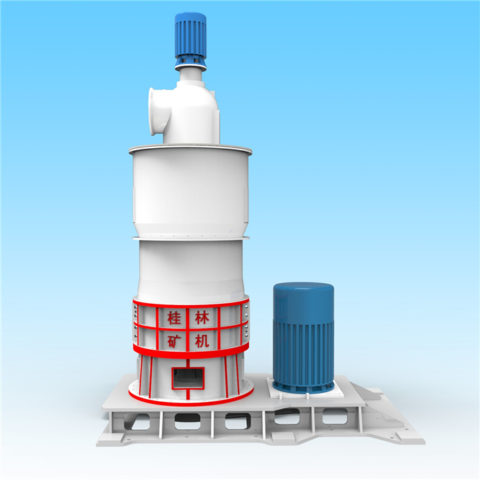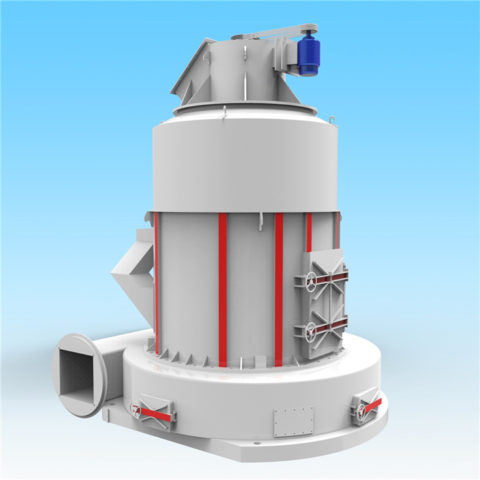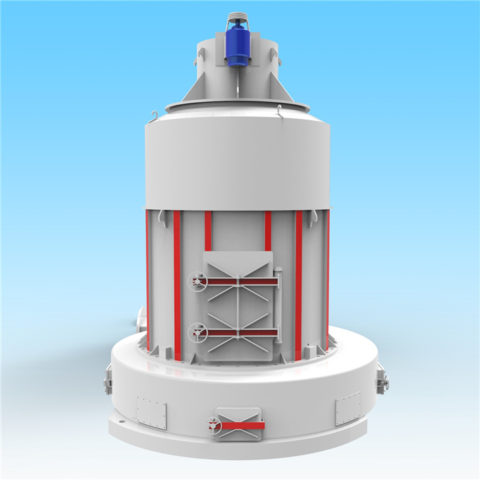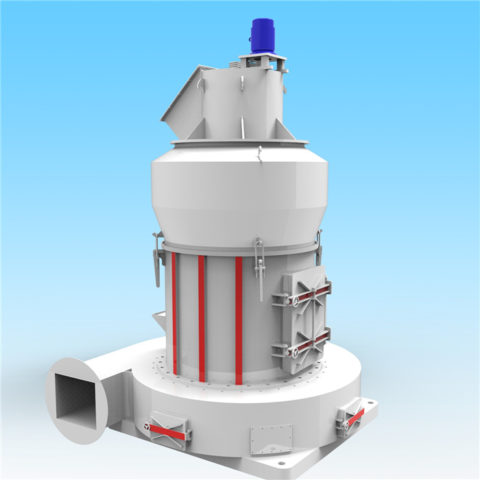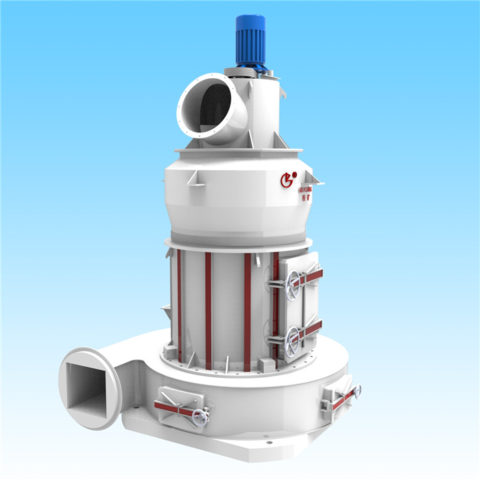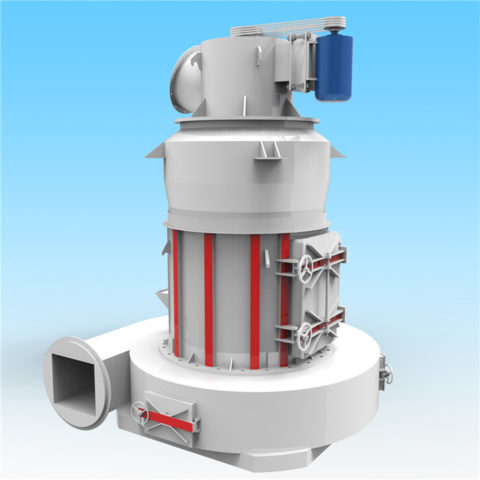Ag-Lime produces a wide range of lime-based products used in agriculture. These products are commonly referred to as ‘ag-lime’. The primary function of ag-lime is to increase soil pH, which represents a natural way to increase crop yields in a wide range of soil conditions.
Ag-lime is often applied for other reasons as well: improving the physical structure of the soil by reducing surface crusting; increasing a soil’s water-holding capacity; and reducing soil erosion. In addition, lime treatment helps crops better tolerate drought or wet conditions by increasing both root penetration and water percolation through the soil.
The use of ag-lime to adjust pH in soils can also reduce toxic levels of iron, manganese and aluminum. Iron and manganese exhibit toxicity to plants at a low soil pH. Aluminum increases in solubility as soil pH decreases. High levels of aluminum can restrict root and plant development.
In addition, ag-lime has been shown to improve the effectiveness of herbicides; increasing nutrient availability to plants while adding calcium to the soil.

